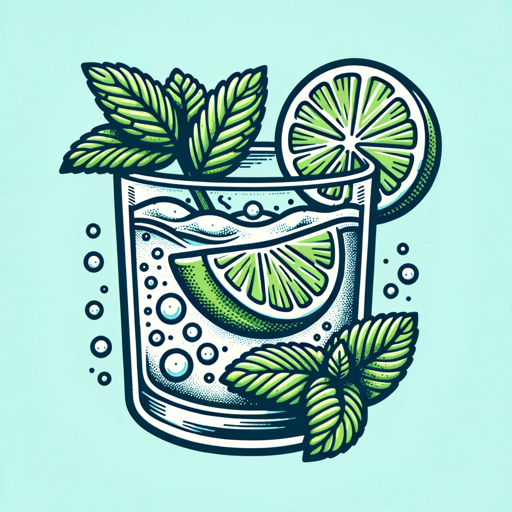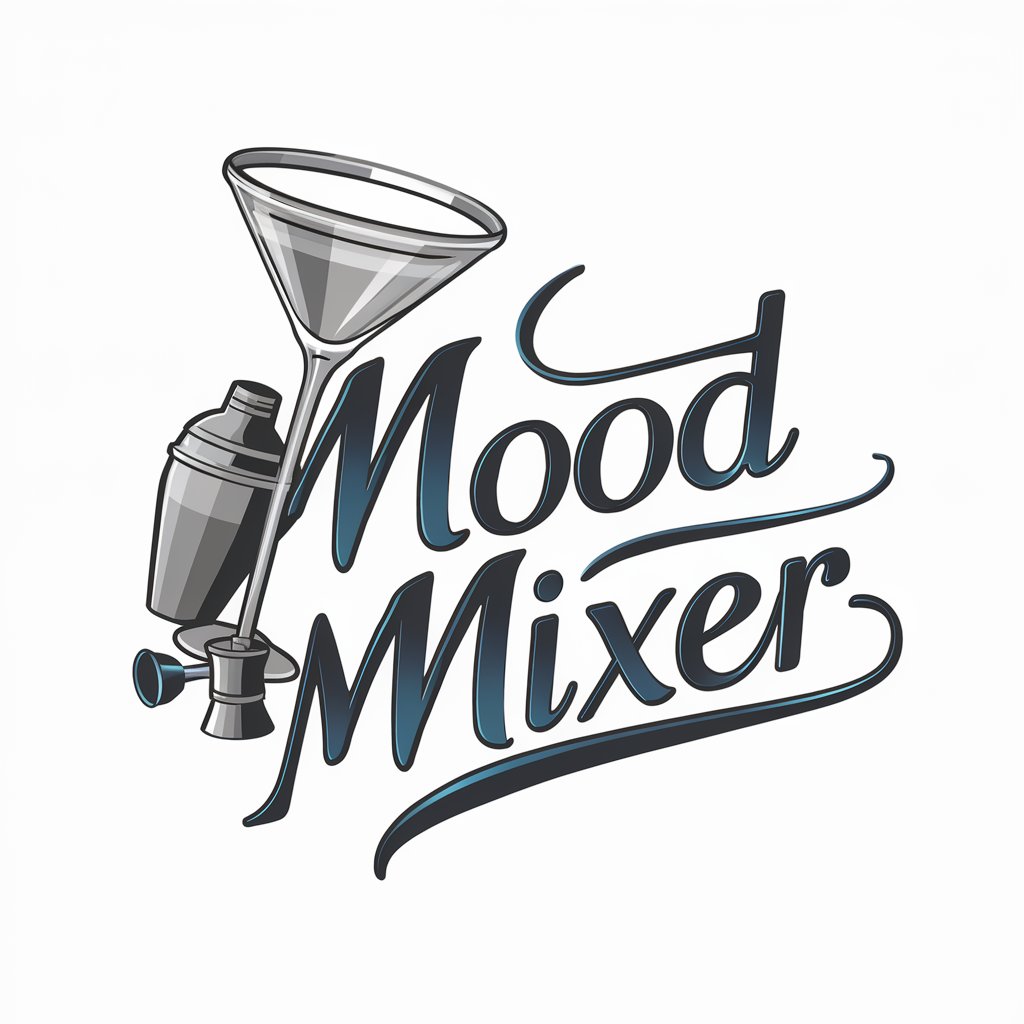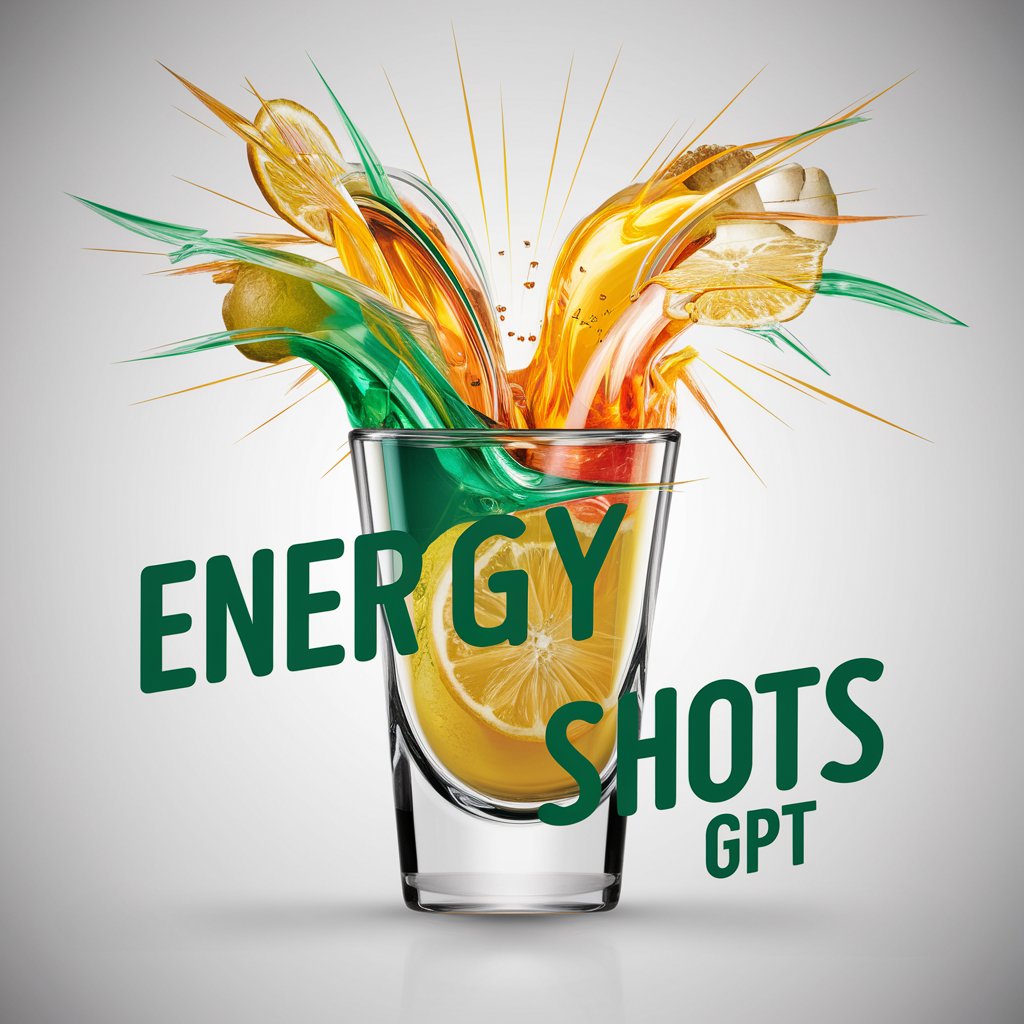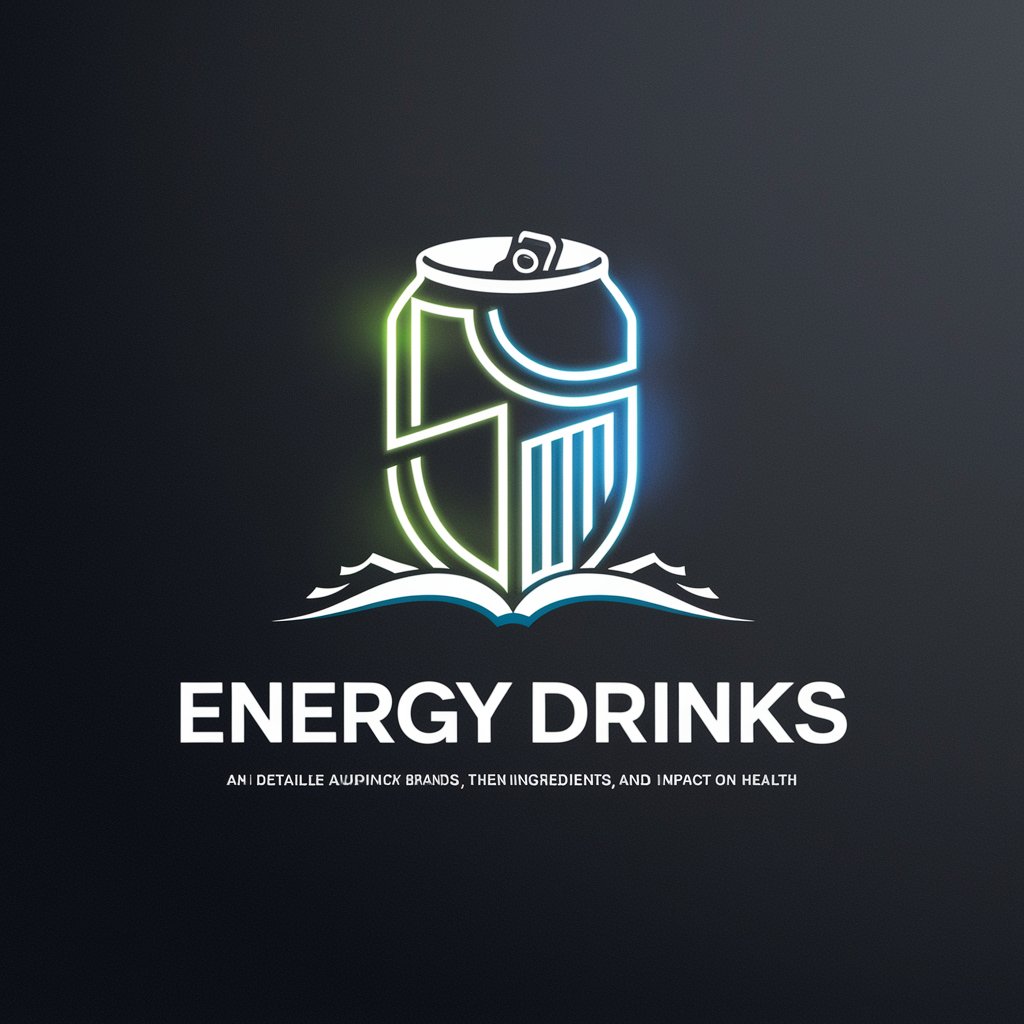
Sports Drinks - Hydration Insights & Tips
Hi! Let's talk about sports drinks and hydration.
Optimize Hydration, Enhance Performance
How do sports drinks benefit athletes?
What's the difference between sports drinks and water?
When should I choose a sports drink over water?
Can you explain electrolytes in sports drinks?
Get Embed Code
Understanding Sports Drinks
Sports Drinks are designed to provide hydration and replenish electrolytes lost through sweat during physical activity. Unlike plain water, they contain a mix of water, electrolytes (such as sodium and potassium), and carbohydrates. These components are crucial for maintaining hydration, energy levels, and electrolyte balance in the body, particularly during prolonged or intense exercise. An example scenario illustrating the purpose of sports drinks is a marathon runner who consumes a sports drink to prevent dehydration and maintain energy levels throughout the race. Another scenario could involve a person engaging in high-intensity interval training (HIIT) using sports drinks to quickly replenish fluids and electrolytes lost through sweating, helping to maintain performance and reduce the risk of cramps or fatigue. Powered by ChatGPT-4o。

Functions and Real-World Applications of Sports Drinks
Hydration
Example
During a long-distance cycling event, cyclists consume sports drinks to stay hydrated over hours of physical exertion, preventing dehydration.
Scenario
Hydration is crucial in endurance sports where athletes are at risk of dehydration due to prolonged sweating. Sports drinks provide a balance of fluids and electrolytes to efficiently restore body water levels.
Electrolyte Replacement
Example
A soccer player uses sports drinks at halftime to replenish electrolytes lost during the first half, supporting muscle function and preventing cramps.
Scenario
In team sports with continuous activity, like soccer or basketball, athletes lose significant electrolytes through sweat. Sports drinks help in quickly restoring these electrolytes, aiding in continuous performance and reducing the risk of electrolyte imbalance.
Energy Supply
Example
A triathlete consumes sports drinks during transitions between swimming, cycling, and running segments to maintain a consistent energy supply.
Scenario
Multi-stage or long-duration activities demand continuous energy. The carbohydrates in sports drinks provide a readily available energy source, helping athletes maintain intensity and endurance throughout competitions.
Target User Groups for Sports Drinks
Endurance Athletes
Individuals participating in endurance sports (marathons, triathlons, cycling) benefit from sports drinks due to their need for sustained hydration, electrolyte replenishment, and energy over long periods of physical activity.
Team Sport Athletes
Players of team sports (soccer, basketball, football) require quick recovery during short breaks, making sports drinks ideal for maintaining hydration and electrolyte levels, thus ensuring peak performance throughout the game.
Fitness Enthusiasts
People engaged in regular, intense workout regimes, including HIIT or strength training, can use sports drinks to support hydration, energy levels, and electrolyte balance, helping to optimize their exercise output and recovery.

Guidelines for Using Sports Drinks Effectively
Start with a Trial
Begin by exploring sports drinks options without commitment. Visit platforms offering trials or detailed information without the necessity for account creation or subscription, like yeschat.ai.
Identify Your Needs
Consider your hydration needs based on activity level, duration, and intensity. For short-duration, low-intensity activities, water may suffice. For longer, more intense exercises, a sports drink can help replenish electrolytes.
Choose the Right Drink
Select a sports drink that matches your activity profile. Look for drinks with electrolytes like sodium and potassium, and carbohydrates if you need energy replenishment during prolonged activities.
Monitor Consumption
Use sports drinks judiciously. During activity, sip small amounts every 15-20 minutes to maintain hydration without overconsumption, which can lead to stomach discomfort.
Evaluate Your Experience
After using sports drinks, assess how your body responds. Adjust your choice or consumption pattern based on your hydration status, energy levels, and any gastrointestinal response.
Try other advanced and practical GPTs
Drinks & Snacks
AI-powered Culinary Pairings at Your Fingertips

! Mindful Drinking Guide !
Empowering mindful drinking with AI

Drink Pair GPT
AI-powered Pairing Perfection

3D Printing and Design Tools
Empowering Creativity with AI-Driven 3D Design

Hydroponic guide
Cultivate with confidence: AI-powered hydroponic insights.

UX Hero
Empower Your Design Process with AI

Cocktail Connoisseur
Empowering your cocktail creation journey with AI.

Gin
Discover Gin's Botanical Universe

Swift Helper
Empowering Swift Learning with AI

ethicallyHackingspace (eHs)® (JEDI)™
Empower your cybersecurity skills with AI.

Instructor GPT
Empowering Language Mastery with AI

Assessment Assistant
Empower learning with AI-driven question crafting.

FAQs on Sports Drinks Usage
What are the key benefits of sports drinks over water?
Sports drinks provide electrolytes like sodium and potassium, which are lost through sweat, and carbohydrates for energy, offering benefits over water for prolonged or high-intensity activities where these losses occur.
Can sports drinks improve performance?
Yes, by maintaining hydration and electrolyte balance, and providing carbohydrates, sports drinks can delay fatigue and improve endurance during extended periods of exercise.
Are sports drinks suitable for everyone?
Sports drinks are most beneficial for individuals engaging in long-duration, high-intensity physical activities. They may not be necessary for short, low-intensity exercises or for those with certain health conditions.
How often should I drink a sports drink during exercise?
It's recommended to consume small sips every 15-20 minutes during prolonged physical activity to maintain hydration and energy levels without causing stomach discomfort.
Can sports drinks cause health issues?
When used appropriately, sports drinks are safe. However, excessive consumption, especially in sedentary contexts, can lead to unnecessary calorie intake and dental issues due to sugar content.






